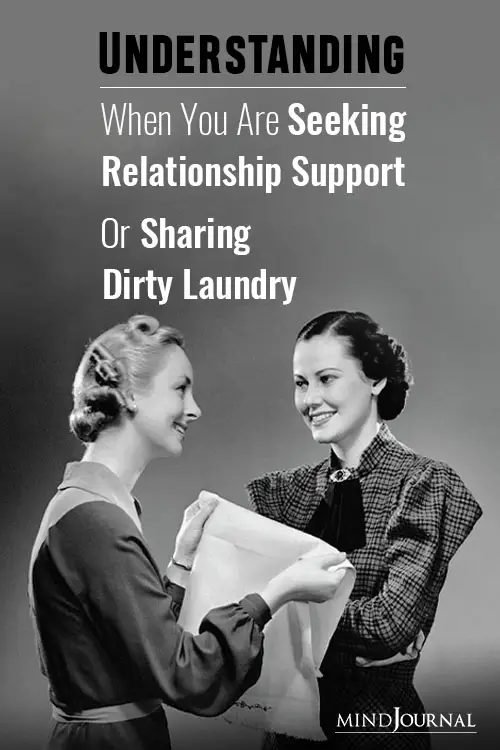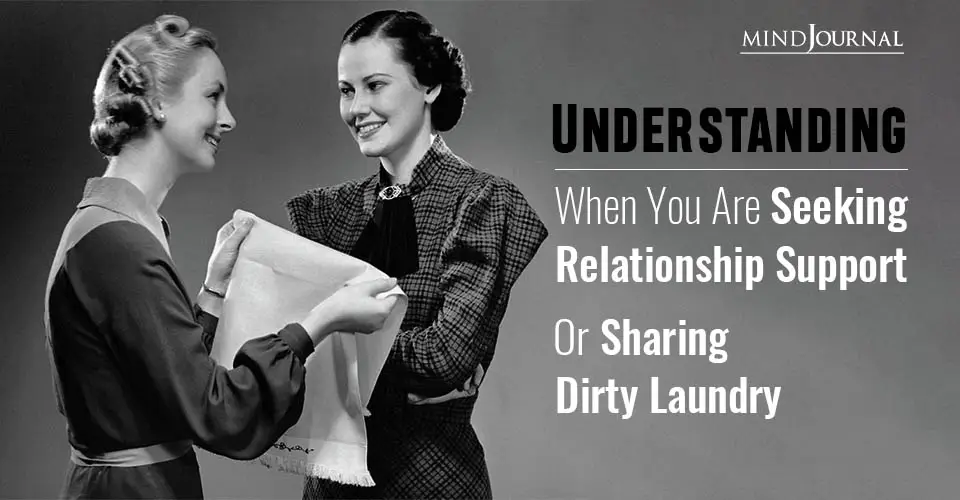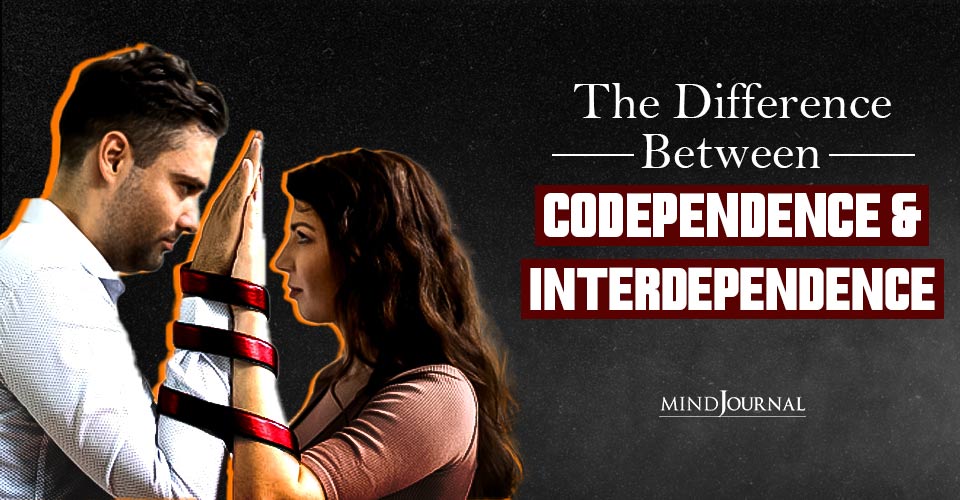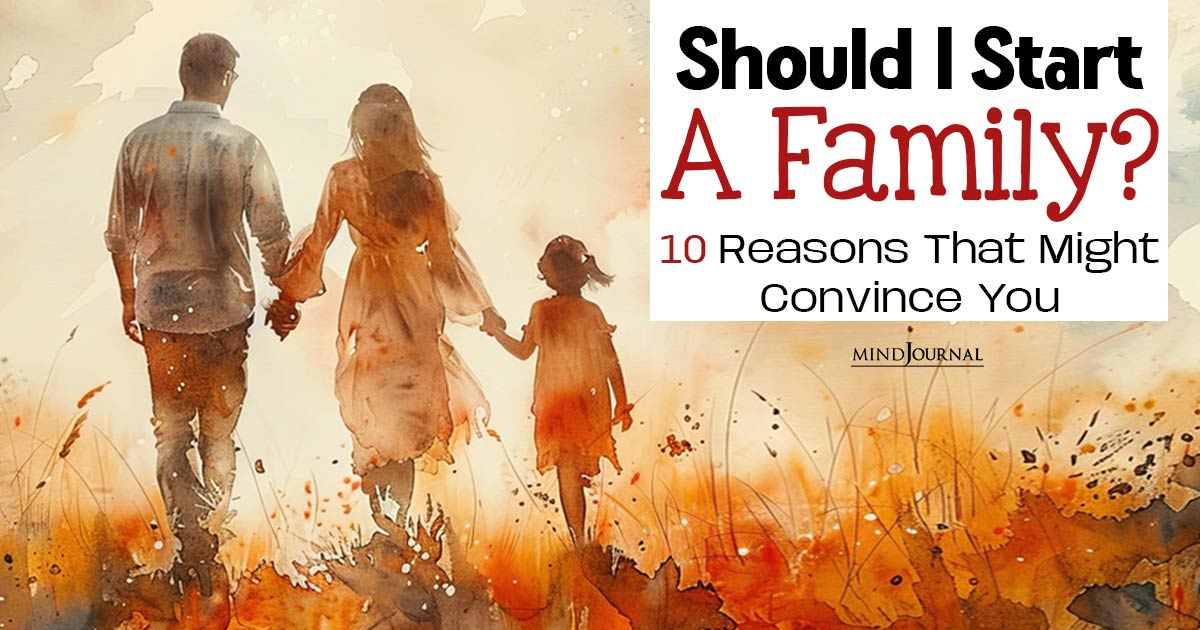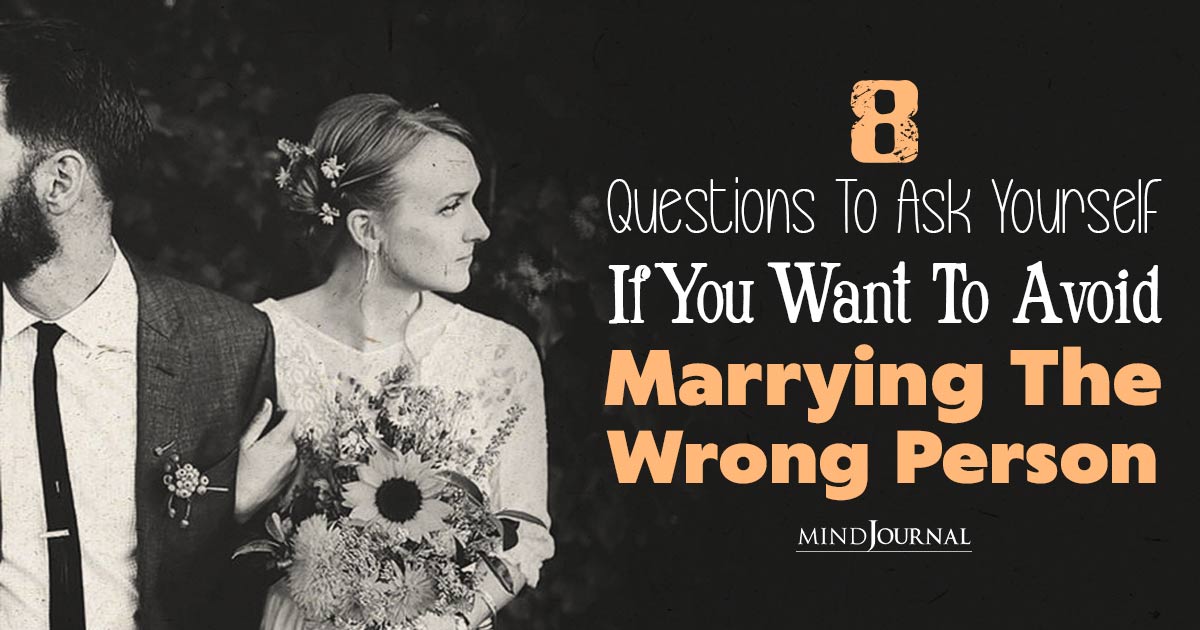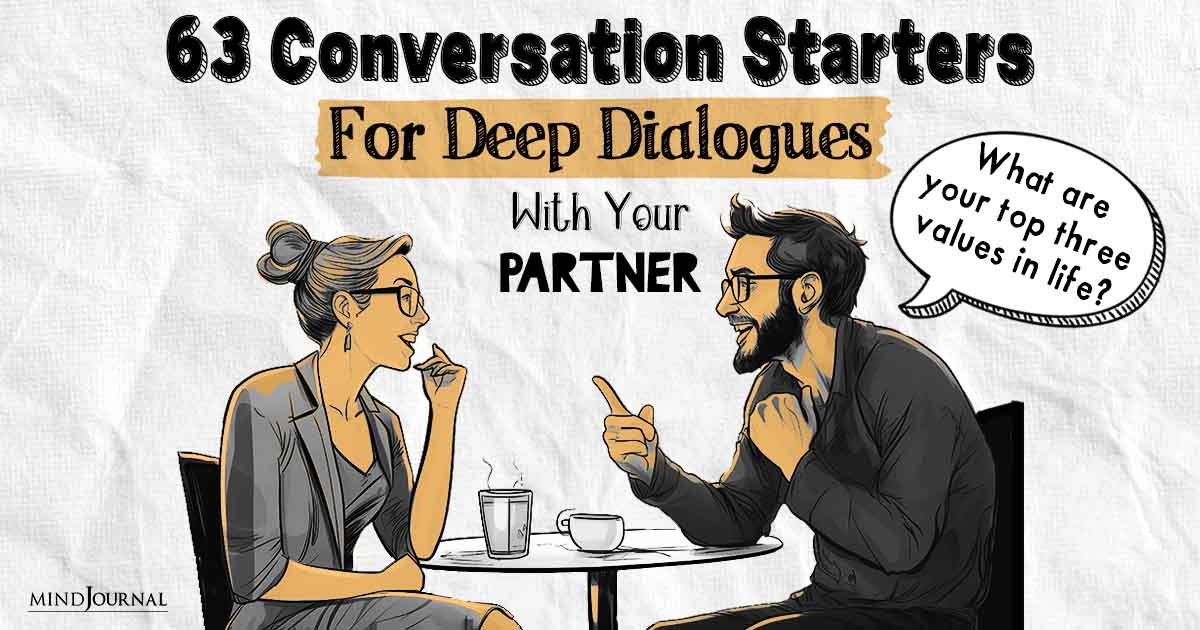When you talk to your closest friends about your relationship troubles, are you genuinely seeking relationship support from them, or is it something else entirely?
It’s common wisdom that we should seek support from friends and loved ones in trying times. And there is plenty of research that shows the benefits of talking through problems. But what if the problem that you want to talk through is about your relationship — which means that you may be sharing information about your partner that they don’t want anyone else to know? Do you have the right to seek relationship support from others, because it’s about your life? Or does your partner have the right to veto certain topics or bits of information, because it’s about them?
As with so much else in relationships, there are no absolutes on this — every couple needs to negotiate how they handle these kinds of disclosures at this point in time. Also, what a couple decides on is less important than how they decide (i.e., no one is steamrolled into a “joint” decision) and that they actually discuss it, rather than assuming something will be OK with their partner, or doing it anyway and hoping to not get caught.
Where this gets difficult is that partners can have very different desires for social support and preferences for disclosure of private information. Talking through relationship problems with a trusted confidant can help the couple get through an impasse, but some may worry that their partner may be given advice that will go against what the first partner wants (like, “You need to stand up for yourself more”).
Given all this, when it comes to deciding how you and your partner will share personal relationship information with friends and family, you may want to consider and then discuss the following.
Related: 4 Toxic Behaviors That Are Ruining Your Relationship
Why Are You Sharing?
If you bring something up with a trusted confidant, what is your motivation? What are you looking to get from it? For example, are you looking to talk your way through a confusing situation, or do you want to rip your partner, because you’re angry? Do you want validation for how you see things, or do you want them to challenge your perspective?
Different confidants may be better at some types of listening than others, so you may want to think about what you are looking for before you reach out. Then let them know what you are looking for.
To the extent that your partner feels that you shared their information with good intentions, they are likely to be more OK with it. By contrast, if you’re really emotional when you reach out for relationship support, you may share more than you intend to or exaggerate what is going on with your partner.
This may have unintended consequences if it changes what your confidant thinks about you, your partner, and/or your relationship. Some things cannot be unsaid. Ironically, the times that we most need emotional support may be the times that we are most likely to say something we later regret — self-restraint is both harder and more important. This then brings us to our next consideration…
Who Are You Sharing With?
Some people in your life may be better able to take your most worked-up comments with a grain of salt. This may be harder if they already feel the same about what you are complaining about (“Yes, he is really bossy”). Are you preselecting your audience to get your desired answers?
You may also want to consider how your partner would feel about this person knowing what you are revealing, as well as whether this is someone who will keep private information private. To that end, it’s probably best to specify who they can share this information with if anyone.
What Are You Sharing?
Talking about your relationship involves sharing information about both you and your partner, but are you sharing more about yourself or your partner? And how would your partner feel about these particular disclosures?
Related: 3 Useful Blueprints For Managing And Resolving Conflict In Relationships
You may want to try to keep the conversation on how you feel about what your partner is doing and how you might respond to it, rather than on dissecting every nuance of your partner’s actions. You need to understand what your partner is doing and why, so that you know how to respond, but ultimately it’s all about what you’re going to do about it.
When Are You Sharing?
It’s harder to hold ourselves back when we’re emotionally fired up, so you may do better by waiting for the heat of the moment to burn off. You may then make some different choices about why, who, what, and how you share this personal information.
How Are You Sharing?
It’s natural to put a spin on what we say. As much as we try to be completely objective, there are too many subjective factors in relationships to be able to fully pull that off.
Nonetheless, make an effort to tell both sides of the story, including how your partner would describe events and especially the parts that don’t put you in the better light. How you frame the problem will have a big effect on the types of responses that you will get.
I feel compelled here to address a specific way of sharing relationship information: posting thinly veiled comments on social media (like, “Some girlfriends/boyfriends tolerate more than they should have to”).
It’s possible that this isn’t a passive-aggressive jab at your romantic partner, but almost everyone who reads it will know who you are talking about. And neither one of you looks good. If you are tempted to post something like this, you may want to wait a bit and see if you still feel the same way.
If you decide to do it anyway, then be honest with yourself that most readers will know what you’re doing there — and also that your partner is most likely going to be angry about your relationship struggles being made a public spectacle.
Related: 5 Relationship Quotes to Help You Resolve Conflict In Relationships
Wise Choices
My goal in this post is neither to contend that you should share relationship information nor that you shouldn’t. Rather, my hope is that it will help you think through this and discuss it with your partner so that any disclosures and discussions with others have a positive effect on the relationship.
Written By Ari Tuckman
Originally Appeared In Psychology Today
It is completely fine to talk to your friends about your relationships problems, but you need to understand clearly the difference between actually seeking support, and sharing dirty laundry. The best way to ensure that it is support you are going for, keep in mind the important pointers mentioned in this article. This will help you realize what is it that you are actually doing.
